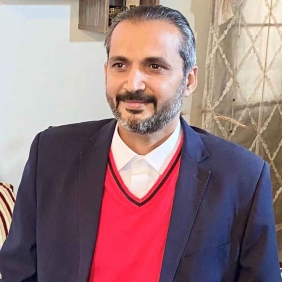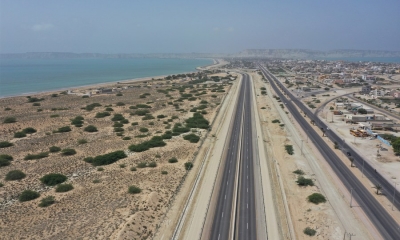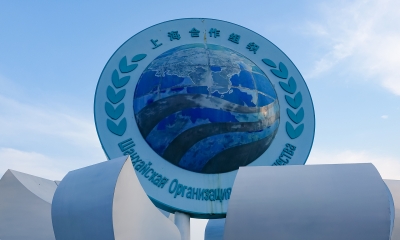What Does Afghanistan Need?
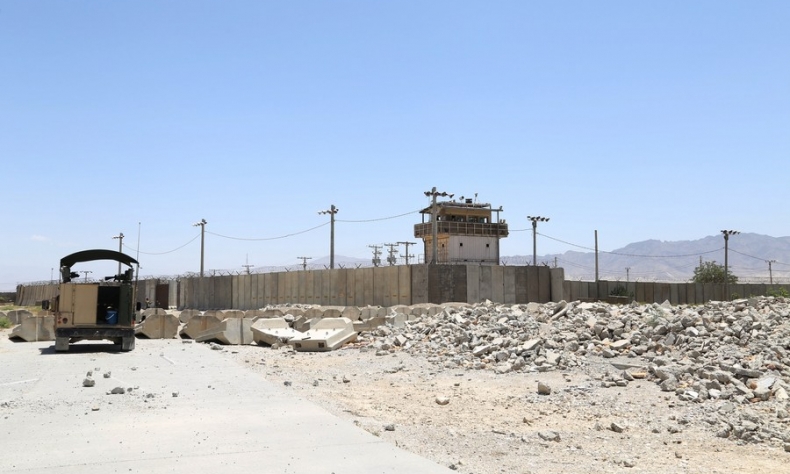
Apart from humanitarian aid, Afghanistan also needs long-term investment in road, energy, connectivity and economic infrastructure.
A few days ago, I had the opportunity to have a long interaction with Afghan students from universities of Afghanistan and Pakistan. It was heartbreaking to learn about the problems of the youth and miseries of the people. The dreams of young people are in shamble and they do not know what their future will be. They felt being abandoned. They are worried about their future and from where they will get decent livelihood opportunities. Now they are pinning hopes on the new government to help them to fulfill their dreams.
On the other hand, millions of Afghan people are going through a terrible situation. They do not have jobs and no assistance from the international community, especially from the West. Food insecurity and lack of health facilities are the biggest problems right now. They are looking forward to urgent help from the international community.
However, they are disappointed. The United States in collaboration with its allies has sanctioned the country, instead of helping them. The US and its allies are putting excuses of the Taliban government and lack of democracy to justify their sanctions. The people of Afghanistan do not accept these excuses. People are questioning if the Taliban are the reason for sanctions or Taliban are so bad, then why the US had a deal with the Taliban? Why the Taliban were engaged directly to get a peace deal and evacuation of US and Allied Forces from Afghanistan? Further, people are asking why the US and its allies had handed over government to the Taliban. Thus, people conclude that it is the US and its allies, which are responsible for the present mess, not the Taliban.
In this scenario, people are asking the world community to cooperate with the Taliban government and unfreeze the Afghan financial resources. It is direly needed to avert the looming humanitarian crises. There are other avenues, where the US and its allies can settle their score with the Taliban if they want to. It is also alarming that neutral countries are also not helping Afghanistan and putting a lot of conditionalities to help Afghan people. Human life must not be battle ground of egos or politics.
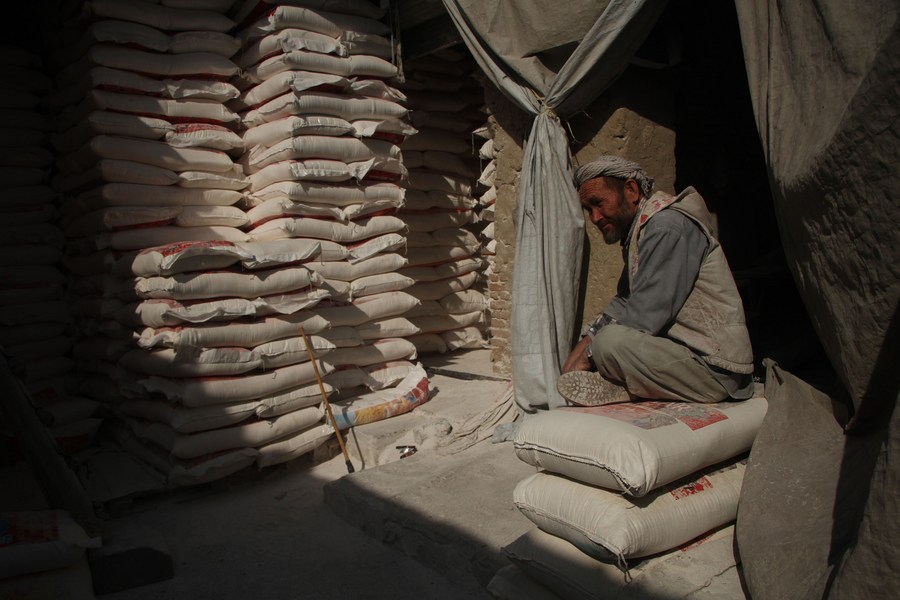
Against this backdrop, the Organization of Islamic Cooperation (OIC) held a meeting in Islamabad recently. The members of OIC met to discuss the future of Afghanistan and engagement with the current Taliban government. OIC will also be deliberating on the current humanitarian crises and needs of people. However, the question is, does OIC have the leverage to influence the US and its western allies’ policies or intentions? Will OIC be interested to help Afghanistan through assistance or it will only act as a discussion avenue? Will OIC be able to present any rehabilitation or more specifically economic rehabilitation plan?
First of all, being realistic, I do not see that OIC has any influence or leverage to influence the US and its allies. So, one should not pin any hope on this front. I may be wrong in my assumption but the history of OIC urged me to have this assumption.
Second, there is a strong possibility that OIC members, especially the rich Gulf countries can extend the hand of cooperation in addition to Pakistan’s support. We have seen in the past that Gulf has helped many countries on a humanitarian basis. However, the question is on what conditions these Gulf countries can extend cooperation. By looking at the current situation, it can be assumed that Gulf countries, especially Saudi Arabia will be looking to find a role and create a stake in the new government of the Taliban. It is an open secret that the Taliban have a closer relationship with Iran than many Gulf countries and Gulf countries want to enhance their relationship with the Taliban.
Third, apart from humanitarian aid, Afghanistan also needs long-term investment in road, energy, connectivity, and economic infrastructure. The infrastructure is extremely poor. Afghanistan ranks at 161st place on the infrastructure index. Further, a weak business environment further complicates the situation. Afghanistan ranks at 173rd place on ease of doing business. The ranking of individual indicators also presents a dismal picture. The worst performing indicators are dealing with construction permits (183), registering property (186), getting electricity (173) paying taxes (178), and trading across borders (177). It has given birth to multifaceted problems including food insecurity (12.5 million found food severely insecure, 2019), extremely high poverty (some estimates suggest more than 80 percent), high job insecurity (85 percent), and low human development index (170th on HDI index).
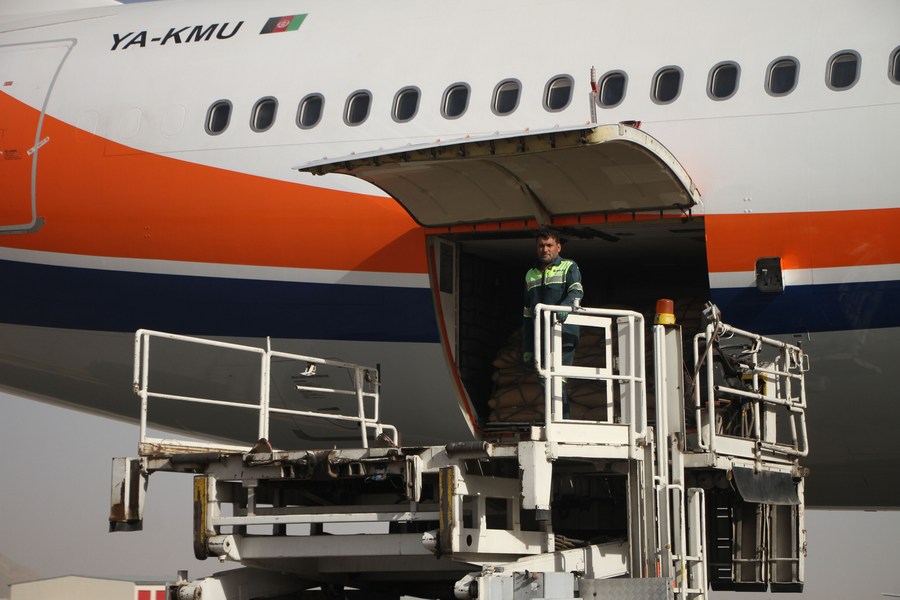
The situation urged the world to help Afghanistan to move on the ladder of economic growth and development. Thus, it is suggested that OIC should come out with some concrete program. Moreover, OIC should give a framework of economic development of Afghanistan. Afghanistan Rehabilitation and Economic Integration Fund (AREIF) can be established at the OIC platform, to cater to the economic and development needs of Afghanistan. All participating countries must make a commitment to the financial resources for this fund.
However, the AREIF must be built as a neutral avenue, and other countries like China, US, EU, and others should also be invited to join the initiative. Further, a window for the business community can also be created, so they can also contribute to the development of Afghanistan. There should be no political games or self-interest of any country.
Thus, AREIF must be run by professionals, not government officials or business groups. AREIF should be given three major tasks: improve business environment, build human capital, build efficient government machinery. Howbeit, there is one very important point to be kept in mind that Afghanistan does not have any financial resources. So, there is a need to avoid debt. AREIF must adopt the policy of Built Operate and Transfer (OPT). AREIF should refrain from interfering in the domestic politics of Afghanistan, as many initiatives by development agencies and countries were failed due to political interference in the past.
Fourth, AREIF can also build linkages with other initiatives in the region and global level like the Belt and Road Initiative (BRI). Afghanistan is situated in between two very important corridors of BRI, China-Pakistan Economic Corridor (CPEC) and China-Central Asia and West Asia Corridor. So, AREIF can easily build connections with these corridors. Moreover, China can also join AREIF by launching a new corridor with the name “Corridor of Peace and Prosperity”.
In conclusion, it is good to note that representatives of the Taliban government also attended the meeting. It is suggested that the Taliban read the minds of the global community and try to address their concerns. Taliban must understand that in this globalized world there is no “free lunch”. In addition to this, global linkages and integration in the global system determine the future of any country and Afghanistan is no exception. Thus, they need to refine their policies according to ground realities. It will help them not only avert humanitarian crises but also help them build a prosperous and peaceful Afghanistan.
The article reflects the author’s opinions, and not necessarily the views of China Focus.
 Facebook
Facebook
 Twitter
Twitter
 Linkedin
Linkedin
 Google +
Google +



